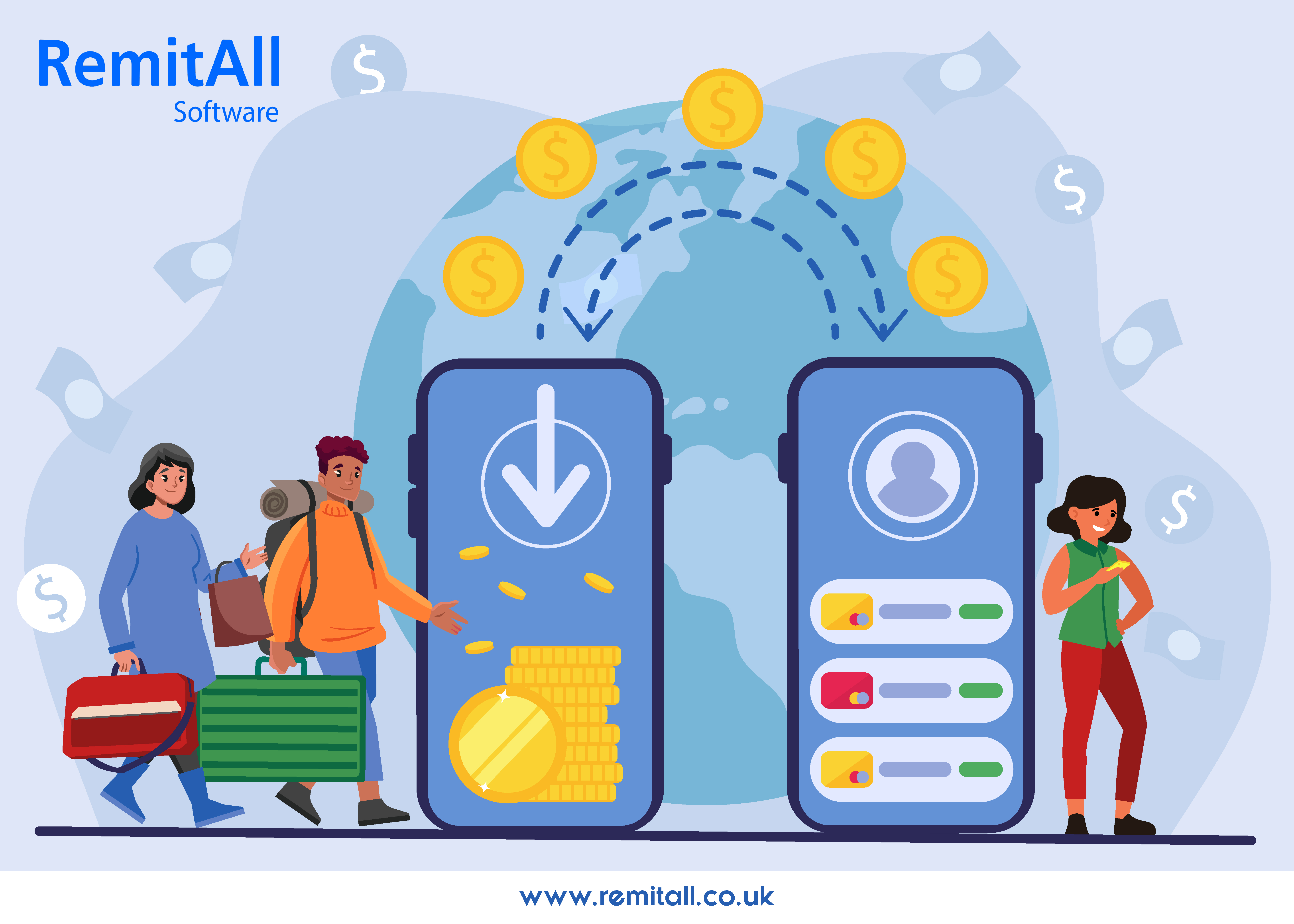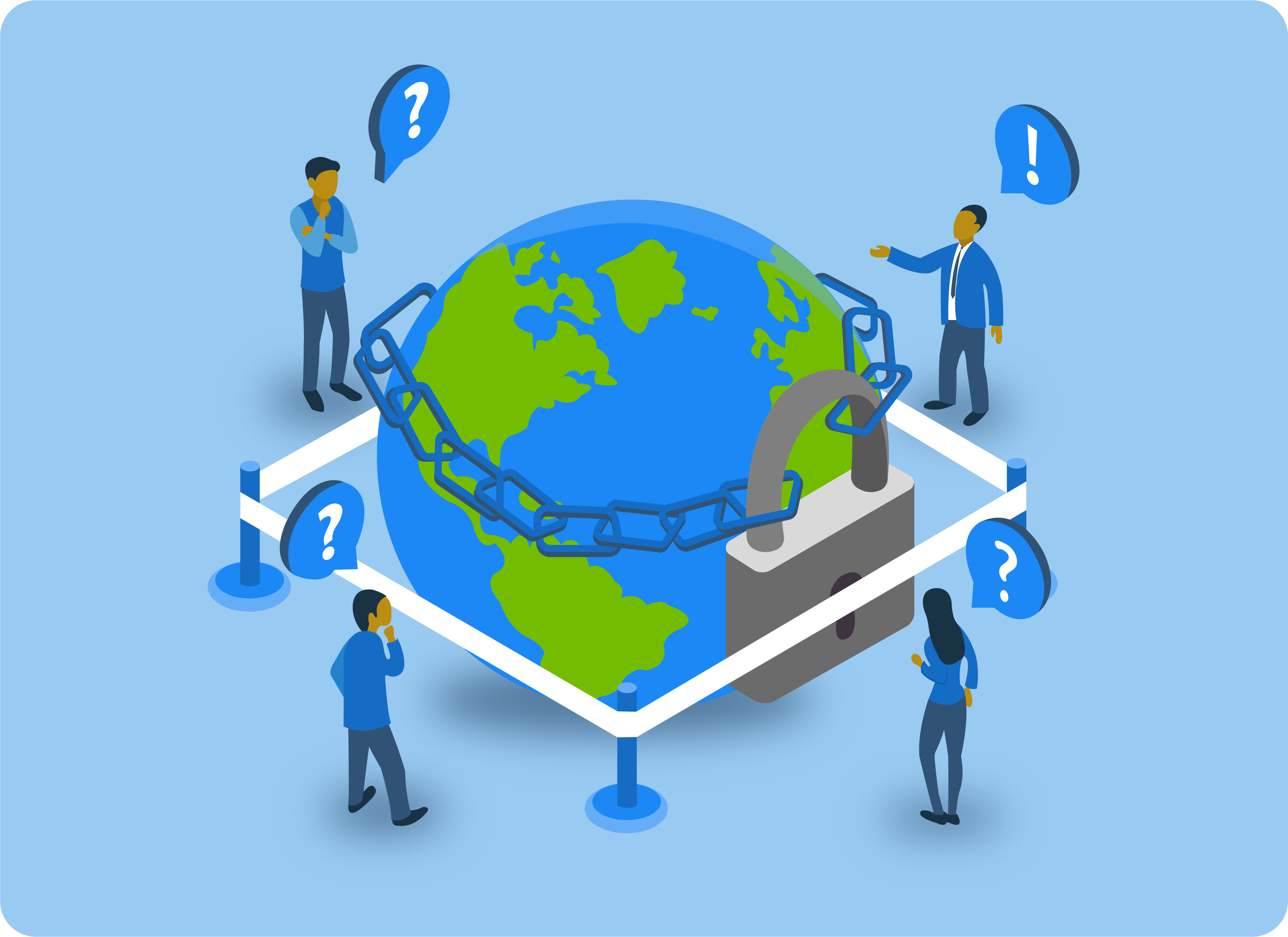Apr 6 - 3:30 Minutes
Challenges faced by colombo process member states(CPMS) migrants in accessing the formal remittance services

Amid twelve countries in CPMS, three states stand for the largest global receivers, namely India, China and the Philippines. According to the World Bank, USD243 billion was received in the CPMS formally in 2017. Remittance being a vital flow helps to stabilize the external and internal sector of an economy.
Cross-border migration plays a critical role across this region. According to the survey, nearly 63 million migrants from the CPMS left their countries of origin and moved to other countries. So Colombo Process TAWG on Remittances focuses on offering improved access to formal remittance channels for migrant workers. Adding on, maintaining a safer, faster and cheaper line with the Sustainable Development Goal (SDG).
Hawala or Hundi system of money transfer is prevalent in CPMS. It is often cheaper than the official remittance channel due to its widespread existence among migrants. However, these systems guide risks as there are no guarantees and no official records kept, so people send their money based on trust.
Hurdles encountered by migrants of CPMS in the three largest destinations
Some commentators commented that migration could be seasonal, short-term, or long-term, determining their propensity to send remittance home. Gaining knowledge of the motivation for migration is vital. Migrations stem due to conflict for political and economic purpose. Hence, the status of the migration and the ability to comply with identification criteria get affected.
The three groups categorize into the biggest hub for migrators of CPMS.
Bordering countries
Here, the neighbouring countries account for the home to several seasonal migrators. According to the research, the migrants are male with a low financial literacy level with limited skills and rural backgrounds. Therefore these migrants do not possess any official documentation permitting them entry to work in their host county. The absence of proper identification and fear of being caught and deported leads to less formal remittance.
Issues regard to access to formal remittance.
Land borders: As the seasonal migrators move to their respective neighbouring countries, they opt for informal remittance. Lack of ID, KYC requirements contributes to the informal transfers for many migrants.
Irregular migration: Irregular migrators can access formal remittance services, but they are unaware of the KYC requirements. So they are left with one ultimate option, i.e. informal remittance.
Refugees and asylum seekers: Even they are issued with ID cards which means they are liable for formal remittance. But some studies have shown that MTO is unaware of the usage of such IDs.
Communication difficulties: Due to a lack of legal identification documents, it is challenging to identify the respective migrator. Also, it is difficult to generate awareness around formal remittance services.
GCC and SouthEast and East Asia countries
Migrants are not allowed for permanent residency, so no option to stay long-term. In GCC(Gulf Cooperation Council), South-East and East Asian countries are short-term for labour employment. Migrants residing in the above countries require a visa, meaning migration is formal. The workers are blue collars and white collars, which means they have a decent educational background. Adding on, they are exposed to technology and use formal remittance services to transfer enormous amounts. Likewise, in Malaysia, migrant salaries are deposited straight into accounts. When combined with offers from the bank, this helps to encourage more formal transfers.
Issues regard to access to formal remittance.
Restrictions in Kafala System: Sometimes, migrants are prohibited from using any formal services like phones to prevent them from accessing any information. It is very much prevalent in Kafala System. In Kafala System, each migrant has a local sponsor it can be their employer who keeps an account for visa and legal status.
Low levels of financial literacy: As stated above, the migrants are blue collars, meaning they have less choice and access to formal remittance services due to inadequate financial literacy.
Cultural preference for informal channels: According to many migrants, they prefer Hawala System rather than the formal channel.
OECD Countries
The Organisation for Economic Co-operation and Development(OECD) refers to the 34 states. These states rank according to the world's highest GDP. Migrants are highly qualified and skilled like nurses, carers, physicians and others. Therefore migrants are smart enough to identify the best formal service provider. There are no restrictions on short-term or long-term migration. As developed nations, the scope of formal remittance is visible in the digital era.
Issues regard to access to formal remittance.
Access to formal remittances: KYC requires a formal process which adds a lot of time and cost. Also, there is limited information on what documents are needed to send remittance. Nowadays, remitting money worldwide has become much easier due to digital technology.
Culture of using Hawala/hundi: Hawala system is the oldest form of informal service providers. It has gained trust over the years with established networks all around the world.
Wrap up
According to UN DESA migration data, 23% moved to neighbouring countries with land borders, 43% moved to GCC and South East and East Asian countries, the remaining 34% moved to OECD countries. Migration correlates with the remittance, which many economists have proved.
In the world of digitalization, migrants have various methods to search for remittance information. Gone are those days of the Hawala system, now formal remittance channels provides aid to migrant workers of CPMS. In countries with well-functioning financial systems, large, regular users tend to send remittances through formal channels. Hence the development has generated misleading impressions about the actual speed at which remittances are growing. Reductions in transaction costs would encourage a further shift of remittances towards the formal sector.
Reading time 3 minutes

Irene Asha Tirkey
Irene has completed her post-graduation in Integrated Marketing Communication from Calcutta Media Institute, Kolkata, India. Her key areas are blogging and content writing. She is in this industry for three years. Her interest areas include travelling listening to music, and painting.
Categories
Why do you send more and receive less during international transactions?
Mar 8-2 Minutes 45 Seconds

Cross Border Payments and Project ABER
Mar 3-2 Minutes 30 Seconds

COVID-19 Impacts On Cross-Border Payments
Feb 26-2 Minutes 30 Seconds

 English
English Português
Português


